No one has any guarantee of seeing Sigrid Thornton in Lifespan of a Fact with the Sydney Theatre Company now that Gladys Berejiklian’s lockdown is in full swing and it’s a pity Daniel Andrews’ lightning speed pre-emptive one looks like stopping Melbourne International Film Festival subscribers from seeing Nitram, Justin Kurzel’s Martin Bryant film, on a big screen – more particularly as the Texas- born Caleb Landry Jones won Best Actor in Cannes for his portrayal of the perpetrator of the Port Arthur massacre. The distributor, Madman, had plans to put it into cinemas in September but who knows if either of the nation’s biggest cities will have their cinemas open then.
Nitram is to be streamed on Stan, which may be how most people see this drama about the preamble to one of the darkest moments in Australian history. Justin Kurzel became famous for Snowtown and went on to make his version of Peter Carey’s True History of the Kelly Gang. In the midst of these endeavours he made a film about a murderer, the most doomed and high and mighty of them all. Germaine Greer said once that Macbeth was about a man who tried to kill his soul but failed in the attempt. Kurzel’s dark and bloody thane, contemplating daggers real and imagined, was Michael Fassbender and there’s no doubting that he had the equipment for the role and that Marion Cotillard gave sparkle to his fiend-like queen, Lady Macbeth. It’s hard not to admire Kurzel for saying when asked where he was going to set it, ‘I’ve got this really novel idea of setting it in eleventh century Scotland’ though the DVD of Ian McKellen and Judi Dench doing it in the 1970s for Trevor Nunn is probably the best version of the Scottish tragedy you can get.
Murder is the subject of Ray McKinnon’s story in TV’s Rectify which starts out – and stays for the longest while – as the enthralling story of a man played by Australian actor Aden Young who spends nearly 20 years on death row in Georgia for the rape and murder of a teenage girl. Then he is released, pending a retrial, because the DNA turns out not to be his.
So we are cast into a murky bewildering Southern world, full of engulfing mysteries of violence and intimations of the grace of something else that remind you that one of the greatest writers of the later American twentieth century was Flannery O’Connor who understood the energy of evil and the inertia of respectable platitude. The Violent Bear It Away is one of the holy terrors of American writing and the greatest of Flannery O’Connor’s stories all have a terrible crystal that makes the reader gape.
And, besides, the South produced everyone from Eudora Welty to William Faulkner who showed that you could take a technique derived from James Joyce and use it to dramatic, and indeed tragic, effect as Faulkner did in the great novels from As I Lay Dying to Absalom, Absalom! And before Faulkner there was Mark Twain’s Pudd’nhead Wilson, arguably the greatest courtroom drama ever written.
Well, Aden Young has the benefit of a brilliant and dedicated Northern (Jewish) lawyer and the devoted passionate love of his beautiful sister. But there’s also the cobwebbed confusion of a close-knit but somewhat dysfunctional family. There’s his stepbrother who is ornery and jealous of the rapport Young has with his God-struck young wife played by another Australian actor Adelaide Clemens who seems to fall at least half in love with Young because of the beauty of his soul.
Still, did he commit the murder or not? There’s a plea deal and there are various dodgy Southern types including an Iago figure who seems capable of anything but may have done nothing and a wretched old Senator who wants Young’s blood and a more or less decent sheriff who’s beset with every kind of doubt about the present and the past.
It’s not at all clear that Young knows whether he committed the murder or not. He speaks with the lumbering awkwardness of a natural good soul but he’s also capable of an eccentric assault (on a man) that seems to be some variety of at least psycho-sexual violence.
All of this is weird and wonderful and is written in an intensely literate, sometimes allusive, consistently involving way that constitutes an hommage not only to Southern Gothic but to the fact that the crime story can rise to a level where beauty and truth gallop across the mind like horsemen of the apocalypse.
The death row flashbacks are eerie and ghastly and Aden Young’s performance for all its quaintness and large-scale risk of seeming mannered is an extraordinary achievement and the rest of the cast rise to the challenge of a script as dark and acrostic as television is capable of sustaining.
But Rectify dates from 2013 and is in fact structured along the lines of old-style cable television. The first few seasons are each a handful of episodes but with the last season the rot sets in. Everything gets padded, new characters emerge to play their part in subplots that have no right to exist, everything descends into the territory of the middling intelligent soap and you just shake your head at the opportunities thrown away. Whenever we do return to the crime there’s a short-lived crystallisation. Everything goes into temporary sharp focus but then we return to soap and slush, to stray incident and distortion.
So watch the first three seasons of Rectify and then with the last one just fast forward until you see a sheriff or a suspect.
There’s always the possibility with the more dynamic and dramatic forms of television that sequels will arise and be padded out needlessly. Think of Bloodline, that brilliant thriller with Ben Mendelsohn as the brother apparently wedded to darkness with Sam Shepherd as his father and Sissy Spacek as his mother. The first season was a masterpiece but when they made another they just had to pad it out with flashbacks.
Got something to add? Join the discussion and comment below.
Get 10 issues for just $10
Subscribe to The Spectator Australia today for the next 10 magazine issues, plus full online access, for just $10.
You might disagree with half of it, but you’ll enjoy reading all of it. Try your first month for free, then just $2 a week for the remainder of your first year.

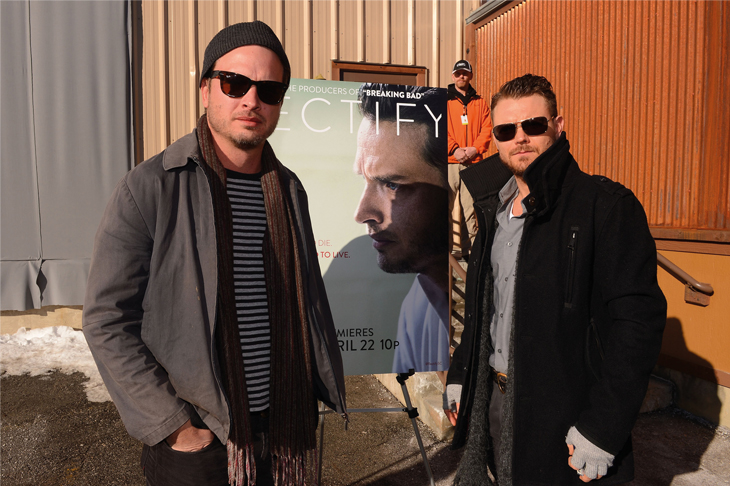
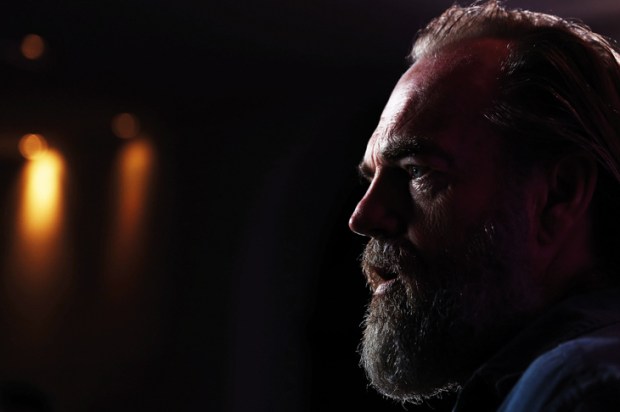
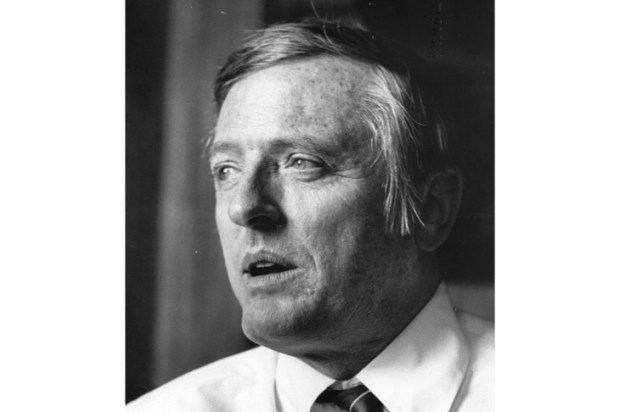
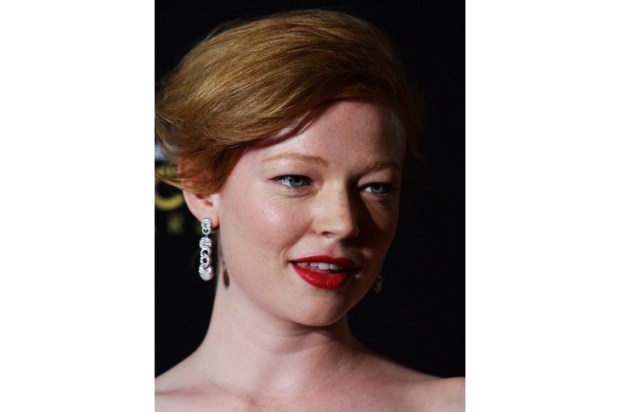

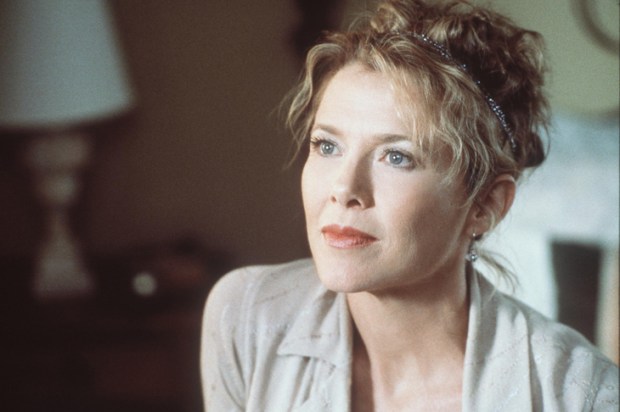







Comments
Don't miss out
Join the conversation with other Spectator Australia readers. Subscribe to leave a comment.
SUBSCRIBEAlready a subscriber? Log in